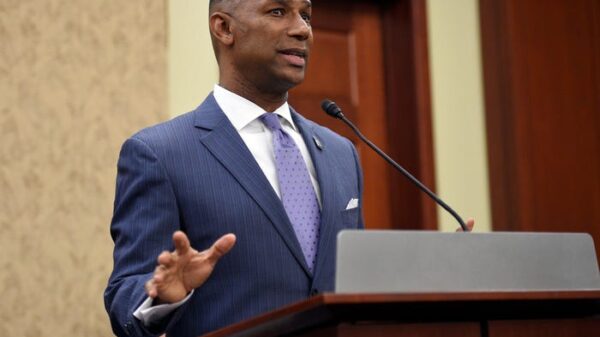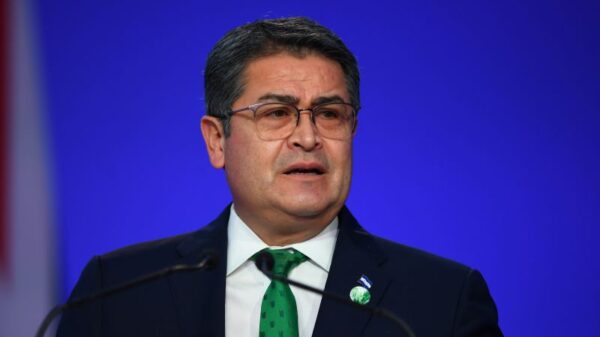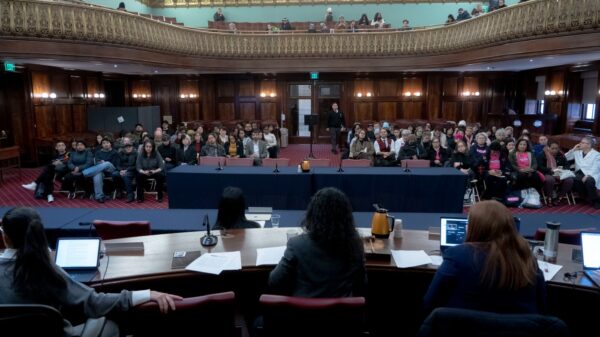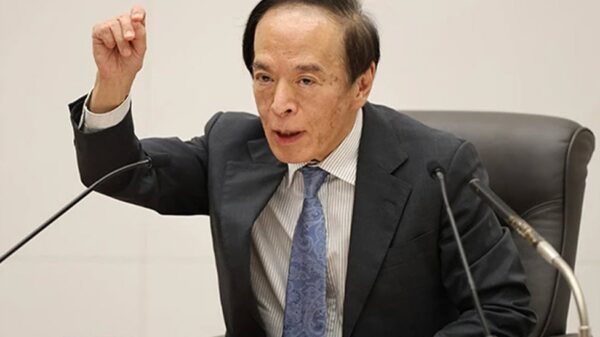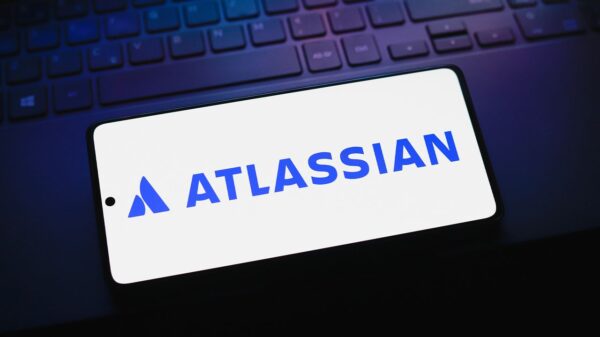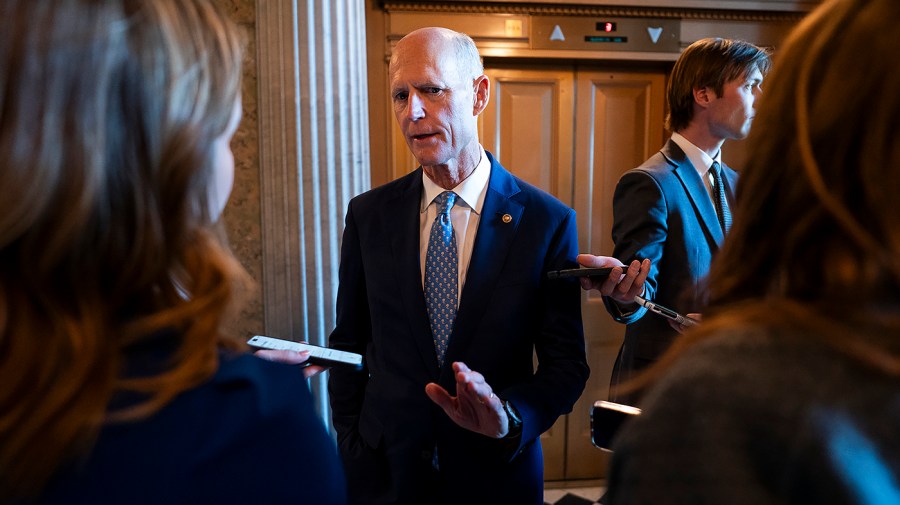Rifts among Republicans are surfacing as Congress prepares for a potential government shutdown, with differing views on how to handle the upcoming funding negotiations. Some lawmakers advocate for comprehensive full-year spending plans, while others support a temporary funding measure to maintain lower spending levels. As Congress reconvenes after a month-long recess, lawmakers face a rapidly approaching deadline of September 30, 2023, to secure government funding.
With only weeks remaining, many lawmakers anticipate the need for a stopgap funding bill, often referred to as a continuing resolution (CR), to prevent a government shutdown after the month concludes. The prevailing sentiment suggests Congress may struggle to finalize a comprehensive fiscal 2026 spending agreement in time.
Conservative members of Congress have begun to express support for a full-year CR, which would maintain funding levels established in March 2024. “Number one, here’s my order, pass the budget,” said Sen. Rick Scott (R-Fla.) last week. He emphasized, “Number two, no government shutdown.” He added that if a continuing resolution is necessary, it should span a full year, indicating that time is running out for lawmakers to reach an agreement.
Historically, Congress has resorted to short-term funding measures in September to extend current spending levels into the later months of the year while negotiating broader bipartisan agreements. Such practices have often led to large spending bills, known as omnibus bills, which many conservatives oppose due to the limited involvement of most lawmakers in the negotiation process.
The House Freedom Caucus Chair Andy Harris (R-Md.) recently proposed a yearlong CR, arguing that Democrats are unlikely to engage in good faith negotiations for a bipartisan spending deal. “I have no problem with a yearlong CR; it keeps spending at current levels, it doesn’t increase spending,” he stated before the House adjourned in late July.
Despite the push for a yearlong CR, there remains apprehension among lawmakers regarding extending the government’s reliance on temporary funding measures. Many legislators are concerned that such an approach will lead to continued spending at levels they oppose. “It’s terrible because conservatives should be fully against it, because it continues Biden spending,” stated Sen. Bernie Moreno (R-Ohio), reflecting a sentiment shared by several within his party.
While there is bipartisan hope for funding agreements that would include earmarks or community projects previously excluded from the March CR, the prospect of another full-year funding patch raises alarms among legislators. The last stopgap measure was enacted in March, extending funding for six months until the end of the fiscal year.
Concerns have also emerged regarding defense programs, with some Republicans fearing the implications of placing these programs under another CR. House Appropriations Chair Tom Cole (R-Okla.) acknowledged that while it is not an ideal scenario, it is a possibility if negotiations do not yield results before the deadline. “We could stumble into that,” he remarked.
As appropriators in both the House and Senate strive to advance individual fiscal year 2026 funding bills, challenges persist. Recently, the Senate approved its first set of three funding bills, allocating over $180 billion for departments such as Veterans Affairs and Agriculture. However, plans to pass additional funding bills have encountered obstacles due to Democratic opposition to certain provisions, such as the relocation of the FBI headquarters under the Trump administration.
Amid these challenges, lawmakers from both parties recognize the urgency of reaching agreements on funding to avert a full-year stopgap. “Every bill we pass reduces the risk of having to have a shutdown or CR,” stated Sen. John Hoeven (R-N.D.), emphasizing the importance of engaging in the appropriations process.
The Senate Appropriations Committee has advanced legislation totaling more than $1 trillion for fiscal 2026, which includes significant discretionary funding for defense and social programs. Appropriations Chair Susan Collins (R-Maine) expressed optimism about continuing to advance bills through the committee and on the Senate floor despite the challenges.
Some Senate appropriators are looking for a potential package that could include major spending bills ahead of the looming shutdown deadline. Sen. Tammy Baldwin (D-Wisc.) highlighted a previous instance in 2019 when a similar approach effectively prevented a shutdown, suggesting that there is interest from both sides to prioritize appropriations over continuing resolutions.
As Congress prepares for the critical weeks ahead, the outcome of these funding negotiations will significantly impact government operations and budgetary priorities for the upcoming fiscal year.



